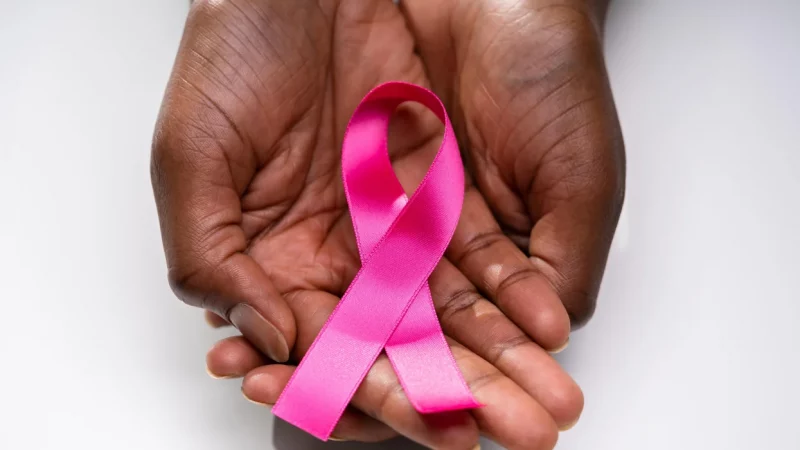Hormonal Breast Cancer Therapy May Work Differently, Depending on Patient’s Race
Share
Explore Our Galleries
Breaking News!
Today's news and culture by Black and other reporters in the Black and mainstream media.
Ways to Support ABHM?
By Cara Murez HealthDay Reporter, HealthDay

For women with breast cancer, their race may help predict the success of hormone therapy given before surgery.
In a new study, researchers found that Black women treated with hormone therapy before cancer surgery (so-called “neoadjuvant endocrine therapy”) may be more likely to benefit from that treatment than white women are if they’re treated at an earlier stage. But they may be less likely to benefit than white women if treated at a later stage of disease.
“Our findings suggest that neoadjuvant endocrine therapy alone may not be the best approach in Black women who present with more advanced tumors,” said Dr. Veronica Jones, an assistant professor in the division of breast surgery at City of Hope in Duarte, Calif.
The research is being presented this week at the American Association for Cancer Research conference, in Philadelphia.
Breast cancers that produce estrogen and progesterone hormone receptors on cancer cells are typically treated with hormone therapy. That treatment can be done before surgery or after surgery. (Before surgery, it’s called neoadjuvant therapy.)
These types of cancer comprise about 70% of all breast cancer cases.
Nearly all patients with hormone receptor (HR)-positive breast cancer, regardless of race, are treated with hormone therapy. Yet Black women are four times more likely to die of HR-positive breast cancer than white women, Jones said in an association news release.
Learn how researchers and doctors are responding.
Black patients have struggled to get equal care, and Black women especially are not given the same options for breast cancer treatment, which has led some to wonder why Black women die from cancer.
ABHM’s breaking news has more stories like this.









Comments Are Welcome
Note: We moderate submissions in order to create a space for meaningful dialogue, a space where museum visitors – adults and youth –– can exchange informed, thoughtful, and relevant comments that add value to our exhibits.
Racial slurs, personal attacks, obscenity, profanity, and SHOUTING do not meet the above standard. Such comments are posted in the exhibit Hateful Speech. Commercial promotions, impersonations, and incoherent comments likewise fail to meet our goals, so will not be posted. Submissions longer than 120 words will be shortened.
See our full Comments Policy here.